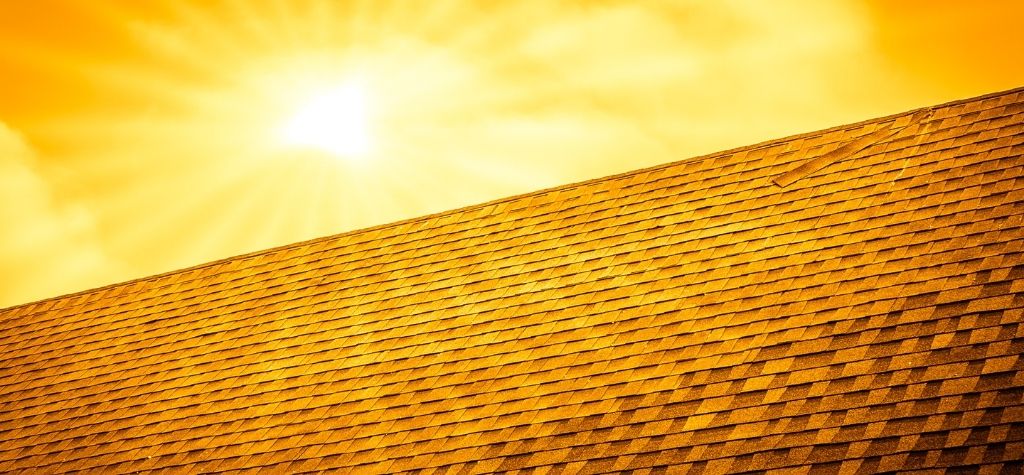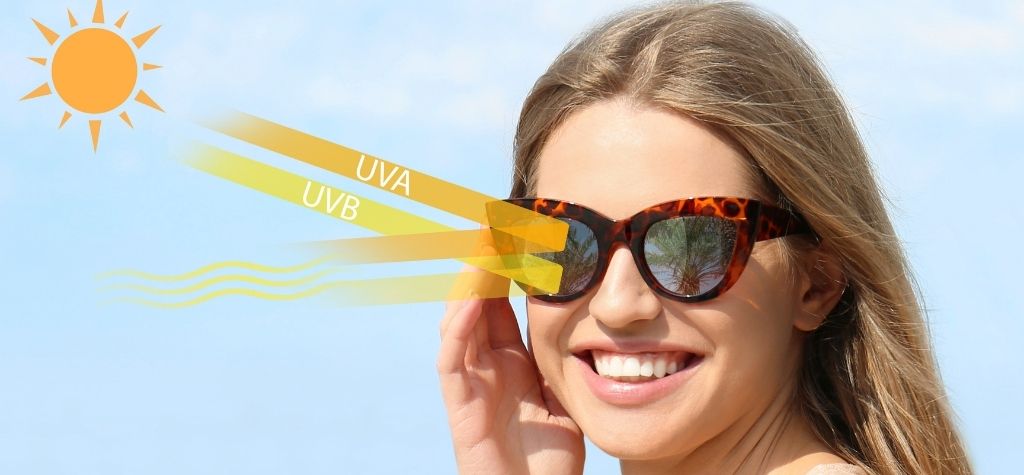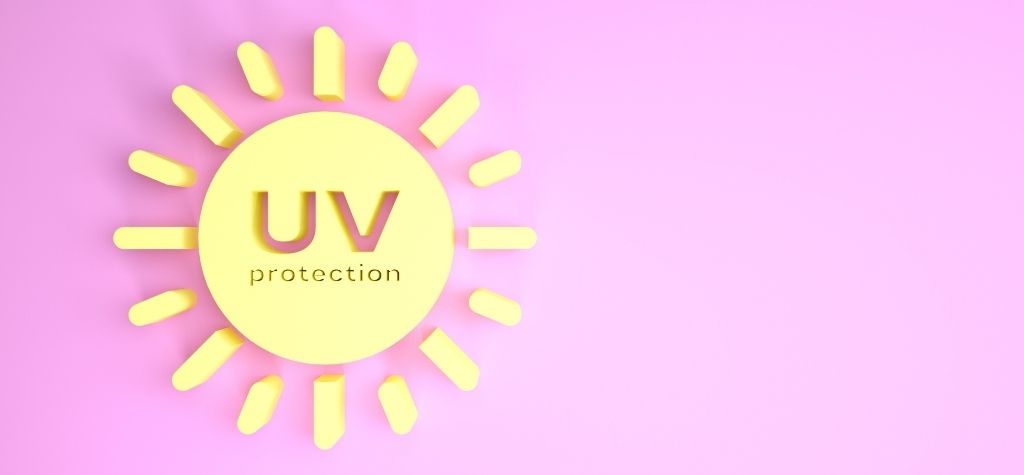We often hear about the importance of UV protection for our skin, but what about our eyes? Exposure to ultraviolet (UV) radiation can lead to serious eye health issues, including cataracts, macular degeneration, and even corneal burns. While sunglasses are commonly associated with UV protection, many people assume that their everyday eyeglasses provide the same level of shielding. But is that really true?
In this article, we’ll explore the truth about UV protection in everyday eyeglasses, how to determine if your lenses offer adequate protection, and what you can do to ensure your vision remains safe from harmful UV rays.
Understanding UV Radiation and Its Impact on Eye Health

What is UV Radiation?
Ultraviolet (UV) radiation is a type of electromagnetic radiation emitted by the sun. It consists of three main types:
- UVA: Long-wave rays that penetrate deep into the eye, potentially causing long-term damage.
- UVB: Medium-wave rays responsible for corneal sunburn and cataracts.
- UVC: Short-wave rays that are mostly absorbed by the Earth’s atmosphere.
How UV Rays Affect the Eyes
Excessive exposure to UV rays can cause various eye problems, including:
- Photokeratitis: A painful condition similar to sunburn on the cornea.
- Cataracts: Clouding of the eye’s natural lens, leading to vision impairment.
- Macular Degeneration: A leading cause of blindness in older adults.
- Pterygium: A growth on the eye’s surface that can interfere with vision.
Protecting your eyes from UV rays is just as important as wearing sunscreen on your skin.
Do Regular Eyeglasses Provide UV Protection?
Not all eyeglasses automatically block UV rays. The level of protection depends on several factors:
- Lens Material: Some materials, like polycarbonate, naturally block UV rays, while others require special coatings.
- UV Coatings: Many clear lenses need an additional UV-blocking treatment to offer full protection.
- Tint vs. UV Protection: Just because a lens is tinted doesn’t mean it blocks UV radiation.
To ensure your everyday glasses offer UV protection, look for UV400 certification, which indicates that the lenses block 100% of UVA and UVB rays.
How to Tell If Your Glasses Have UV Protection

Not sure if your glasses block UV rays? Here’s how you can check:
- Look for a UV400 Label: If your lenses are certified for UV protection, they will have a UV400 marking.
- Use a UV Light Meter: Optical stores often have devices that can test UV blocking efficiency.
- Consult an Optometrist: A professional can confirm whether your lenses provide adequate protection.
If your glasses don’t have built-in UV protection, you may need to add a UV-blocking coating.
Best Lens Coatings for UV Protection
To maximize protection, consider lenses with the following treatments:
- UV-blocking coatings: Applied to standard lenses to enhance protection.
- Anti-reflective coatings: Reduce glare while blocking harmful UV rays.
- Polarized lenses: Help reduce glare but do not necessarily block UV unless specified.
Indoor UV Exposure: Do You Need Protection Indoors?
UV rays are not only a concern outdoors. Some sources of indoor UV exposure include:
- Fluorescent and LED lighting
- Computer and smartphone screens
- UV rays passing through windows
While indoor UV exposure is lower than direct sunlight, wearing UV-blocking lenses indoors can still help reduce long-term damage.
Common Myths About UV Protection in Eyeglasses

- “All clear lenses block UV rays.” – Only some materials and coatings provide UV protection.
- “Expensive glasses always offer UV protection.” – Price doesn’t always determine protection level.
- “You only need UV protection on sunny days.” – UV rays penetrate clouds and can be just as harmful on overcast days.
FAQs About UV Protection in Eyeglasses
Can UV protection be added to existing glasses?
Yes, opticians can apply UV-blocking coatings to certain lenses.
Do contact lenses provide UV protection?
Some contact lenses offer UV protection, but they don’t protect the entire eye, so additional eyewear is recommended.
Does UV protection wear off over time?
If built into the lens, UV protection does not degrade. However, coatings may wear off over time.
Are polarized lenses the same as UV-blocking lenses?
No, polarization reduces glare but doesn’t always block UV rays. Always check for UV400 certification.
Conclusion: Protecting Your Vision for a Lifetime
Investing in UV-protected eyeglasses is essential for long-term eye health. Whether you’re indoors or outdoors, ensuring your lenses block 100% of harmful UV rays can help prevent eye diseases and vision problems.

